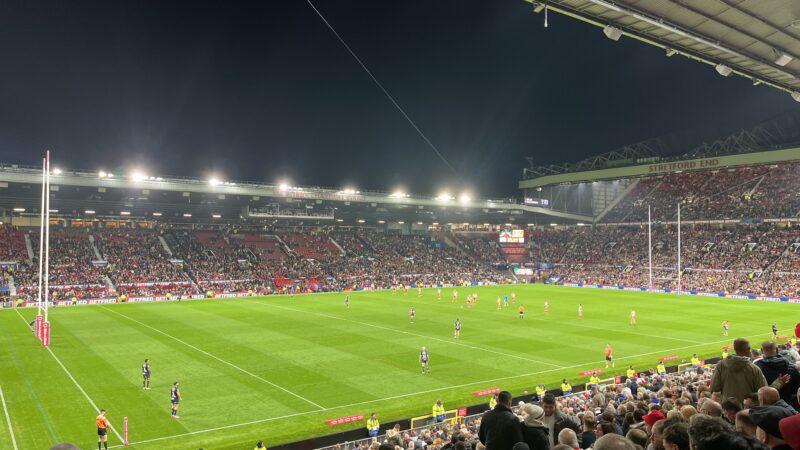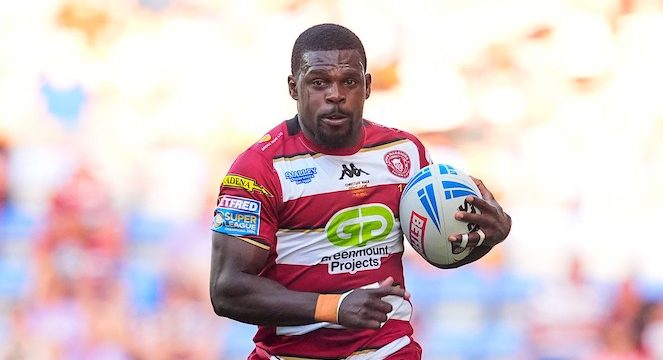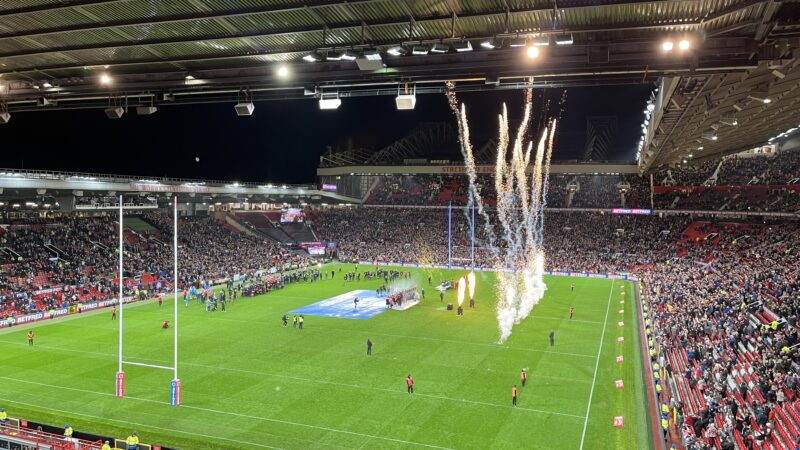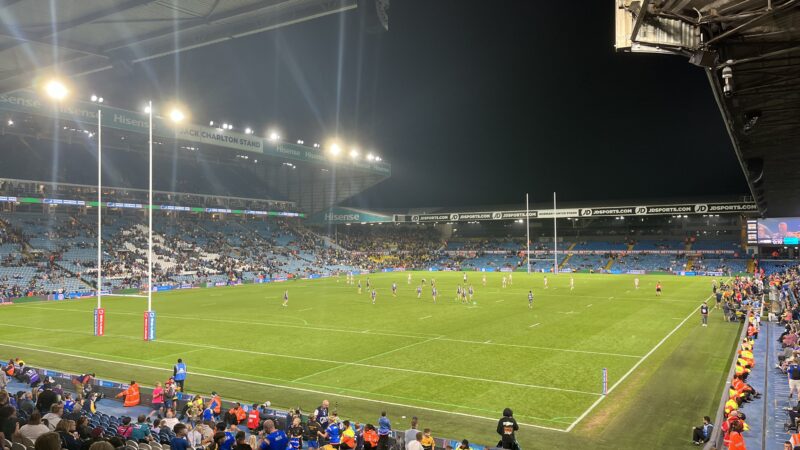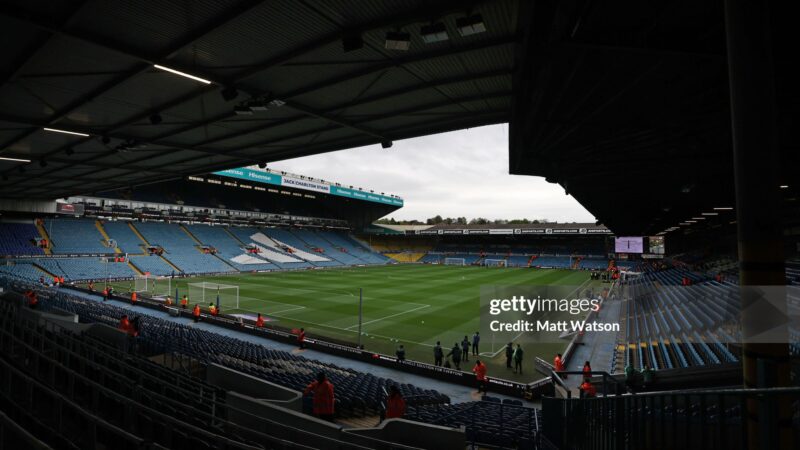How did hurling become more popular than rugby league?
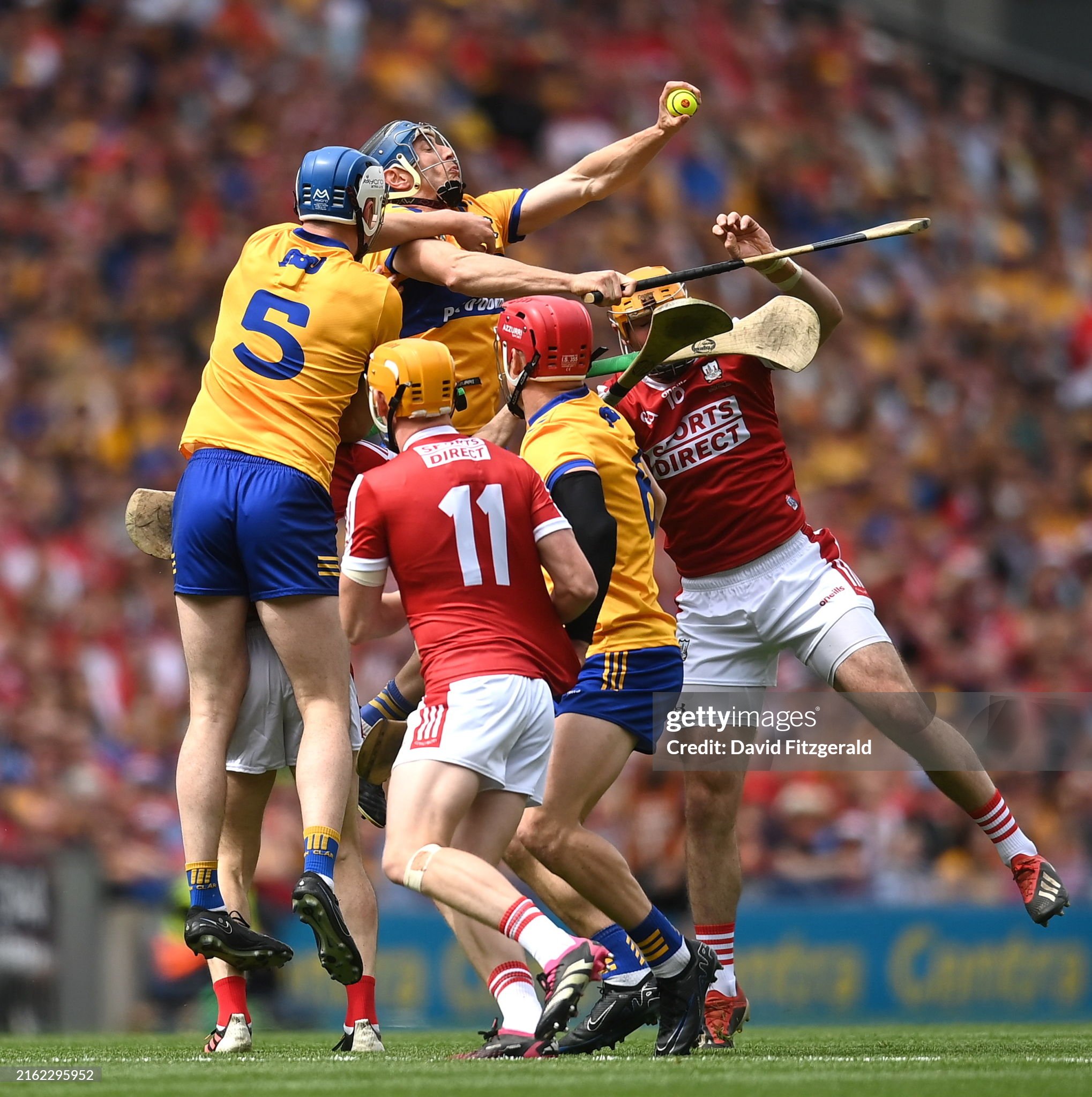
As a rugby league fan, if I told you that in the past week there was a decider played in front of a sellout crowd where some of the fittest athletes on the planet collided into each other while a UK TV audience of around 500,000 people enjoyed their first taste of this great sporting occasion, you might well assume I was referring to State of Origin.
And you’d be wrong.
In case you missed it, the All-Ireland hurling final took place at the weekend, and for the first time it was shown on the BBC. My Twitter feed lit up in a way I’ve only dreamt of for a rugby league match, as countless people shared their enthusiasm for this new-found sport.
It was fast, frenetic, end-to-end and brutal. Does this sound familiar at all?
The BBC even produced a video to explain the basics to viewers who are unfamiliar with the sport, and after 30 seconds, I was hooked on the idea of watching it too.
So, how did hurling capture the imagination of the public in a way that rugby league has failed to do so for the past 30 years?
One of the arguments that’s usually put forward for why rugby league will never grow is the lack of presence at an international level, especially when it’s compared to rugby union.
Well, I don’t know about you but I’ve never heard of a Hurling World Cup or Six Nations, so it can’t be the sport’s international appeal that pulled in the viewers on Sunday. Nor do I suspect, was it the prospect of seeing Clare take on Cork. As far as most viewers were concerned, that could be the equivalent of Manchester United vs Liverpool or Castleford v London in the hurling world. Most people wouldn’t have known, or cared.
Instead, I can only assume the biggest draw was the promise of all-out action on the pitch – something that rugby league delivers by the bucketload every week.
So again, how did hurling capture people’s attention when rugby league doesn’t? Is it the BBC’s fault for not promoting the sport more? Is it the fans’ fault for not selling out big events like Challenge Cup Finals and Grand Finals? Is it the RFL’s fault for failing to promote the sport enough?
In reality, the answer is a mix of all three, and a lot more as well. Regardless of where the answers lie though, we need to find them, otherwise we can add hurling to the growing list of sports that are more popular than rugby league in the UK.

